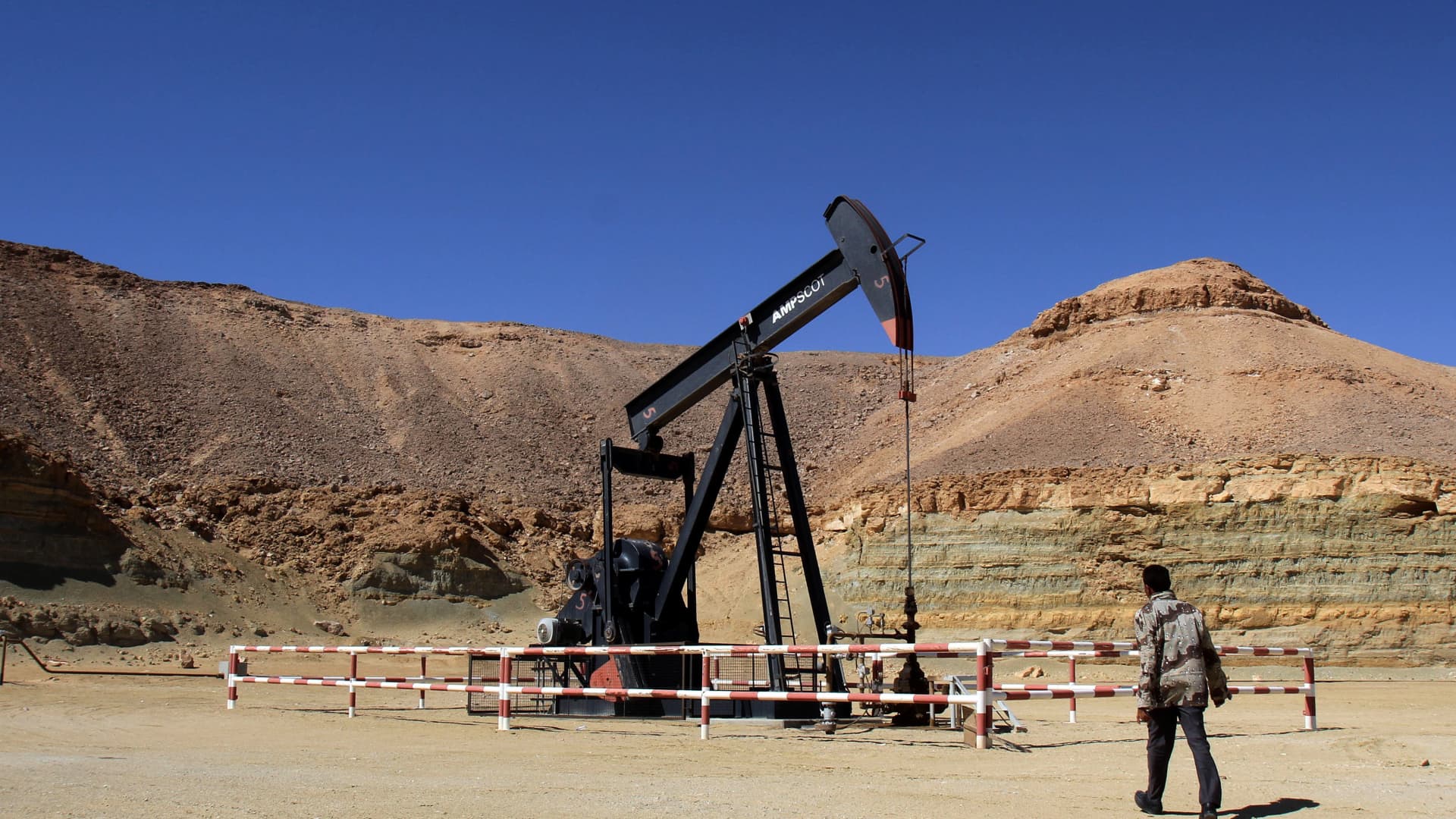

Finance
Day Rate (Oil Drilling) Definition
Modified: February 21, 2024
Learn about the day rate in oil drilling and its financial implications. Understand the definition and importance of day rates in the finance industry.
(Many of the links in this article redirect to a specific reviewed product. Your purchase of these products through affiliate links helps to generate commission for LiveWell, at no extra cost. Learn more)
Understanding Day Rate (Oil Drilling) Definition in the Finance Sector
Have you ever come across the term “day rate” in the context of finance? If you’re interested in the oil drilling industry or related investments, understanding the day rate concept is crucial. In this blog post, we will dive into the day rate definition in the finance sector and explore its significance in the oil drilling industry.
Key Takeaways:
- Day rate refers to the amount of money charged per day for the use of equipment or services in the oil drilling industry.
- It is an essential factor to consider when evaluating the financial viability of oil drilling projects or investments.
So, let’s get started with the nitty-gritty of day rate and its relevance in the finance sector!
What is Day Rate?
The day rate is a financial term commonly used in the oil drilling industry. It represents the amount of money charged per day for the use of drilling equipment or services such as rigs, personnel, and related assets. The day rate is typically negotiated between drilling contractors and oil companies or investors.
Significance of Day Rate in the Finance Sector
The day rate plays a vital role in the financial evaluation and decision-making process for oil drilling projects or investments. Here are two key reasons why it is significant:
- Project Profitability: The day rate directly impacts the profitability of oil drilling projects. By calculating the difference between the day rate and operational costs, investors can assess the potential financial returns. It helps them determine whether the project is economically viable and worth pursuing.
- Revenue Estimation: For oil companies, estimating future revenue is crucial for financial planning. The day rate allows them to forecast income streams by multiplying it with the expected duration of the drilling activity.
Factors Influencing Day Rate:
The day rate is influenced by various factors, including:
- Oil Prices: Fluctuations in oil prices directly impact the demand for drilling projects, consequently affecting the day rate. When oil prices are high, day rates tend to increase due to increased drilling activity.
- Drilling Location: The geographical location of the drilling project plays a significant role in determining the day rate. Challenging terrains or remote locations may result in higher day rates due to increased operational costs.
- Technology and Expertise: Advanced drilling technologies or specialized expertise may command a higher day rate due to their added value in terms of efficiency and effectiveness.
Conclusion
The day rate plays a crucial role in the financial evaluation and decision-making process within the oil drilling industry. Understanding this concept helps investors and oil companies assess project profitability and estimate future revenue streams. By considering various factors influencing the day rate, stakeholders can make informed financial decisions and navigate the dynamic landscape of the oil drilling sector.
Do you have any questions or thoughts about the day rate definition in the finance sector? Feel free to leave a comment below!














